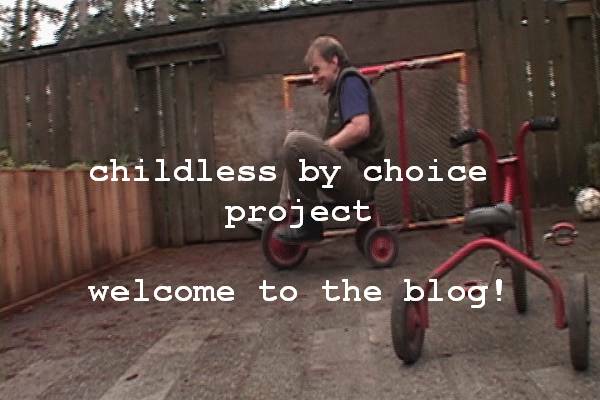Periods suck! Particularly if you are like me and my friend Karen who have a tendency to have monster flows—the kind that can’t be absorbed by any measly super-sized tampon or pad.
Sorry guys. You can skip this post if you like. Naturally, girls talk about these things and recently my friend told me about an
endometrial ablation treatment she was considering, marketed under the trade name
NovaSure. Endometrial ablation is the medical term for a procedure intended to destroy, through minimally invasive means, the lining of the uterus, or edometrium.
In the case of NovaSure, this is achieved in less than five minutes by use of wand inserted in the vagina which delivers doses of electromagnetic energy. The resulting scaring of tissue means lighter periods or no periods at all for many of the women who undergo this procedure. Karen didn’t know what to expect but she hoped this treatment would at least remedy the ridiculous flows that had left her anemic and listless.
Karen gave me a report about two months after the procedure. She reported that her recovery had been complicated by an infection, and the fact that the procedure was scheduled just before her period was due meant she had to have a D & C to clear out as much of the blood as possible before her doctor went in. Karen experienced a six week recovery phase during which her body was still expelling blood and tissue but after that she noticed a marked improvement—a much lighter flow and a shorter duration of her period. She was very pleased she had undergone this procedure. Still, I had some more questions for her:
What other options did you have besides the NovaSure procedure to alleviate your heavy bleeding? My other option was to get on the pill, or to have an IUD that releases progesterone into my system. Either way, the options were going to alter hormones. Given that I’m a happily medicine-free person, I didn’t want to go on any pills and the idea of having a foreign body in me made me really squeamish. I would rather be rid of the problem area, than put something else in it. I’ve already had my tonsils and my appendix removed— what’s one more unused body part?
Was your doctor proposing a full or partial hysterectomy as an option?Neither of these was proposed, partially because of my age, and the fact that they tend to upset women hormonally. And nothing in my condition was that dire.
How did your doctor qualify you for this procedure?I found my doctor on the NovaSure site. She was listed as a preferred physician who has done a lot of these. So she knew what to ask. She took a complete history, with good detail about what my most recent monthly periods have been like. She did a Pap smear, blood work and a urine analysis, to make sure that thyroid, diseases or other items weren’t causing the problems. They also did an internal ultrasound to verify that it wasn’t cysts or things like that. She was very thorough. As far as qualifying for it, and having it covered by insurance, the message was, if it’s making you miserable and your quality of life is suffering because of it, it’s a good enough reason to do it.
Did she try to make sure you did not plan on having children?She did ask me this, to be sure, because the procedure does significantly, if not remove, the chances of becoming pregnant. Give my age, 39, and my desire not to have children, we eliminated this as an obstacle.
Does this procedure interfere with egg production?It does not. I still drop an egg. But because the lining is gone from the uterus and can no longer hold blood, there’s nothing for the egg to attach to.
Does it affect hormones?No. Because I still cycle, drop the egg, have my ovaries, etc. I liken it to a telephone system. If an office building has 15 phones, and you unplug one, the other phones still get calls going in and out. The phone jack is still in the wall, but there’s no phone to ring anymore. My uterus just doesn’t get the call to store up blood anymore, and there’s no lining there to hold it.
Does it affect mood? Yes, for me it has to do with lack of stress and discomfort. I’m no longer fatigued, bloated, nervous about accidents, or scared to wear white pants. And so it’s one (gigantic) less thing to worry about. It’s made me feel sexier, more desirable, and more confident – that plays well in the bedroom. And now, I don’t have to take 5-10 days off from the gym, so my energy level is up, and my weight is down.
Two important things to note. This procedure is not recommended for those women who plan to get pregnant after the procedure as pregnancy poses risks for both mother and child, and it is possible to become pregnant after this procedure which is why doctors recommend birth control for those women who are still in their childbearing years.
I’m not a medical expert by any stretch but I was very pleased to learn we girls had another tool in our arsenal to combat the Monster Period. If you want to find out more go to the
FAQ section of the NovaSure website or ask your OB/GYN about NovaSure.


























